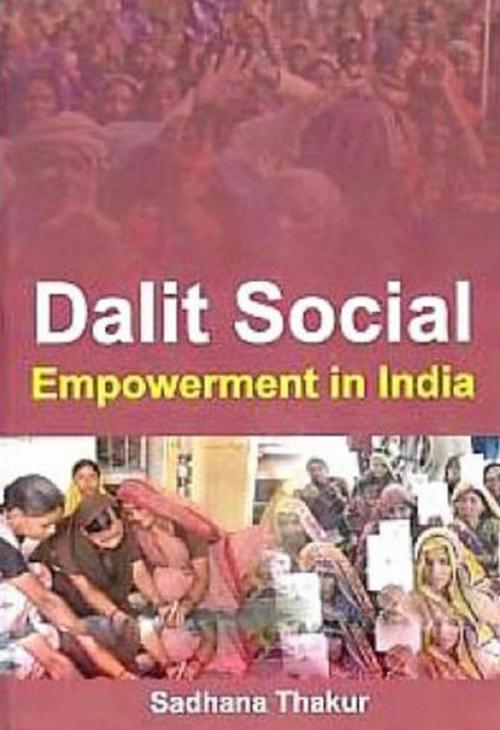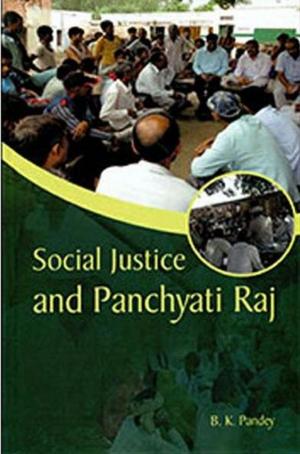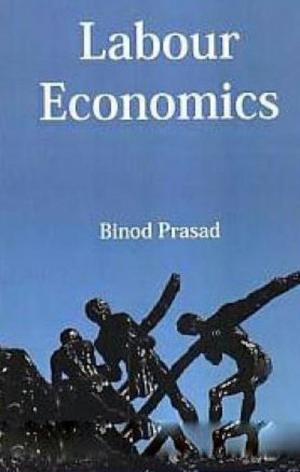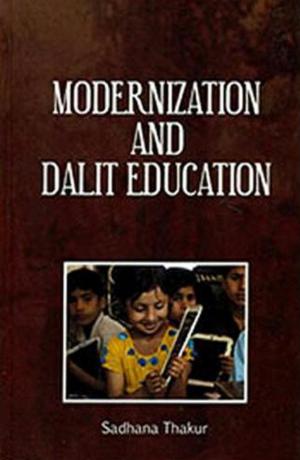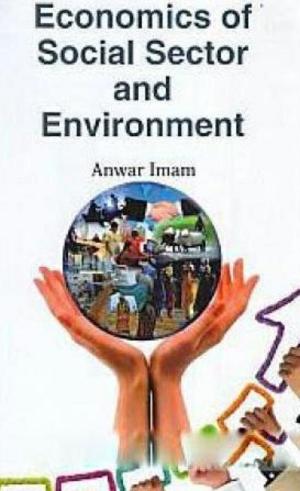| Author: | Sadhana Thakur | ISBN: | 9789387846593 |
| Publisher: | Anmol Publications PVT. LTD. | Publication: | June 30, 2013 |
| Imprint: | Anmol Publications PVT. LTD. | Language: | English |
| Author: | Sadhana Thakur |
| ISBN: | 9789387846593 |
| Publisher: | Anmol Publications PVT. LTD. |
| Publication: | June 30, 2013 |
| Imprint: | Anmol Publications PVT. LTD. |
| Language: | English |
The question of identity as a race must be answered equivocally. From time to time, movements to declare an identity for Dalits of “original inhabitant” of India or past “lords of the earth” have arisen. Two questions relate the situation of Dalits to the theme of race and racism: are Dalits considered by higher castes to be an inferior race? Do Dalits think of themselves as a race? We should note that the Indian languages have no general word for “race” as it is used in the West. It is fairly clear that the isolation of Dalits and the violence against them can be compared to race prejudice, but they have a different basis and perhaps a different solution. Social stature is much closer to human dignity than social status. Reflective expression, at another level, also performs an important function inasmuch as it tends to undercut the moral significance of the “unified expression”, which in its drive for self-righteousness and rationality could be quite repressive. It is hoped that the book will serve the purpose of students and scholars on the subject and can be useful to them in allied fields.
The question of identity as a race must be answered equivocally. From time to time, movements to declare an identity for Dalits of “original inhabitant” of India or past “lords of the earth” have arisen. Two questions relate the situation of Dalits to the theme of race and racism: are Dalits considered by higher castes to be an inferior race? Do Dalits think of themselves as a race? We should note that the Indian languages have no general word for “race” as it is used in the West. It is fairly clear that the isolation of Dalits and the violence against them can be compared to race prejudice, but they have a different basis and perhaps a different solution. Social stature is much closer to human dignity than social status. Reflective expression, at another level, also performs an important function inasmuch as it tends to undercut the moral significance of the “unified expression”, which in its drive for self-righteousness and rationality could be quite repressive. It is hoped that the book will serve the purpose of students and scholars on the subject and can be useful to them in allied fields.
